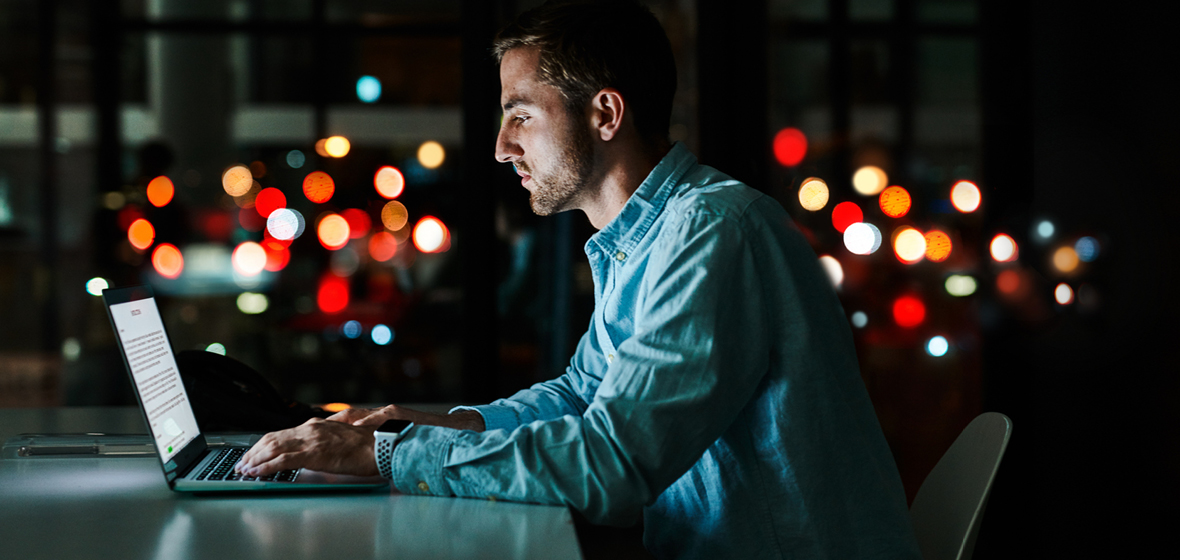Dear Anna,
We have a team member who insists they are much better at coming up with ideas late at night rather than the morning. Is there anything to back this up or is it just that they don’t want to come into the office in the morning?
It turns out there is. It’s called chronotype and it’s the application of research by three Nobel prize winners – Hall, Rosbach and Young – in 2017 into the control of circadian rhythms. Responsible for sleep patterns, blood pressure and body temperature, these rhythms have also been recently linked to time of day creativity. A recent academy of management article has made a good case for linking chronotype to time of day and creativity. When the time of day, the chronotype and the need for creativity are in sync a higher motivation to be creative is experienced compared with other times of the day and for other tasks.
If you are a morning person, it’s likely that these differences don’t make as much difference for you as they do for afternoon or evening people. The same study also found daylight saving makes a difference (no surprises there as we head into winter) and that a positive mood in the morning that can help creativity may well have been impacted by things happening throughout the way for the afternoon and evening creative people. The final piece of the puzzle is that if you believe you are only creative in the morning or the afternoon, that self-efficacy to be creative carries across to the choices you make about your schedule and becomes self-reinforcing. So, we probably can’t distinguish between a person that thinks they think best in the evening or the person who has the circadian rhythms of an evening person. There is science to back up both alternatives being linked to creativity.




